BHS Senior Zack Israelit’s company has raised over $650,000
March 3, 2017
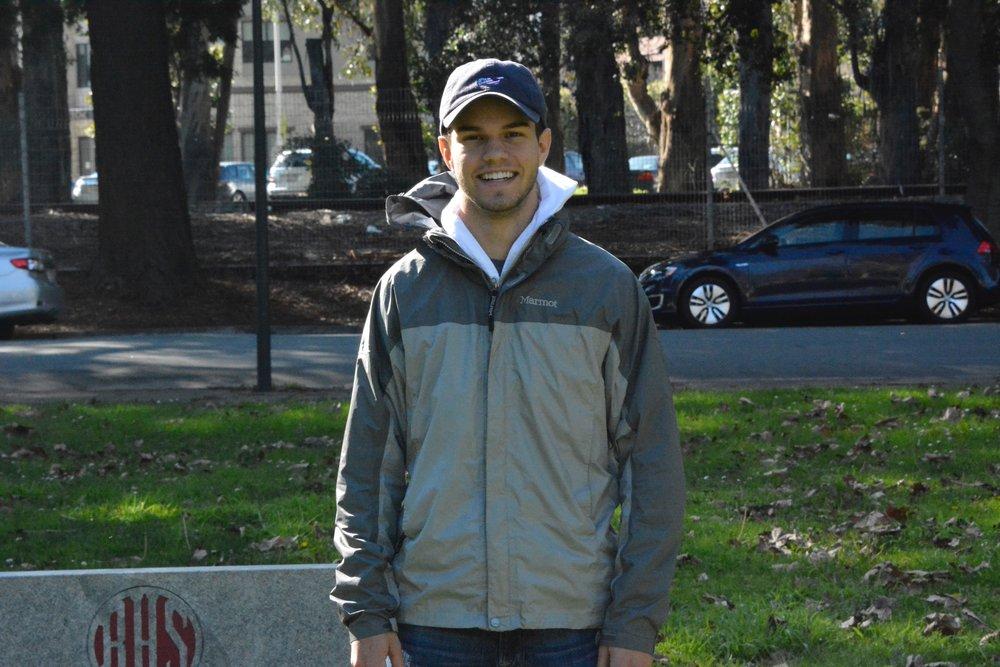
Zack Israelit, a senior at Burlingame High School, cofounded the company Cosaint this past summer at a Stanford business program. Cosaint is a startup, run entirely by high school students, that specializes in wearable technologies to help prevent rape. Thus far, Cosaint has focused on a bracelet product. This bracelet works in a simple yet elegant way: when people are in a dangerous situation, they pull a part of the bracelet, sending a signal to police and other authorities. They also will create an app to allow consumers to activate the bracelet. After months of working on the product, Israelit and his co-founders have raised over $650,000 in investment from venture capitalist firms.
Israelit also functions as the Chief Design Officer of the company, drafting working designs of the bracelet. His other co-founders are from all over the world, ranging from Singapore to other parts of the United States.
According to Israelit, the Stanford Pre-Collegiate Summer Institute for Business and Entrepreneurship provided him and his team with the tools to succeed and helped them come up with a product.
“The program really walked us through the steps of coming up with an idea and pursuing it not as a hobby but as a business,” Israelit said. “We were able to do a mock pitch at the end of the program. For two months after that we stayed in contact, and then once one of our members pitched the idea to a firm in Singapore, we really started collaborating.”
At the program, although students were free to pursue ideas in any sector, to Israelit and his cohorts, the issue of rape on college campuses immediately stood out.
“We were tasked with coming up with our own startup,” Israelit said. “We looked around at problems we could fix. Since we were on a college campus, at Stanford, where news of Brock Turner recently hit, we turned towards sexual assault.”
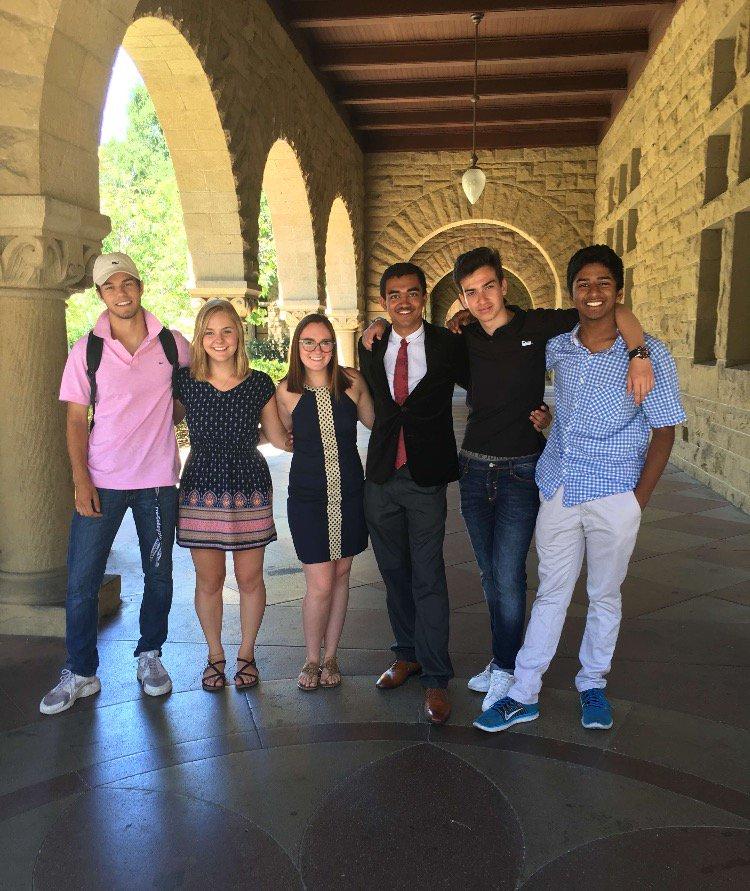 Zach Israelit and his cofounders pose for a picture at the Stanford campus, where they originally came up with Cosaint. Pictured (left to right): Zach Israelit, Nicole Lyell, Alexa Huether, Dev Ohja, Nestor Domingo, Gautham Pasupathy
Zach Israelit and his cofounders pose for a picture at the Stanford campus, where they originally came up with Cosaint. Pictured (left to right): Zach Israelit, Nicole Lyell, Alexa Huether, Dev Ohja, Nestor Domingo, Gautham Pasupathy
Israelit acknowledges that while working with venture capitalists may be daunting at first, it has ultimately been very rewarding.
“It’s pretty nerve-wracking at first, but a lot of the venture capitalists understand that you are high school students,” Israelit said. “They are more transparent with us, and I enjoy that because it is easy to connect. I think our biggest accomplishment is getting funding–transforming from an idea to a product.”
Cosaint looks to launch their product in the next few months. Cosaint is currently building collaborations with others in the tech industry, to help them bolster their product. Asides from working with venture capitalist firms, the company is working in conjunction with Stanford’s Engineering Department. While Zack and his high school co-founders of design, market, and build the product, Stanford Engineering can also provide valuable insight on how to create the product efficiently.
Looking to the future, Zack seems to be continually involved in entrepreneurship, and in developing Cosaint.
“I think entrepreneurship is really cool because you don’t have a boss, and you can work for yourself, and you have the freedom to follow your own schedule, and go anywhere you want, and create anything you can design,” Israelit said.
Close friends of Israelit have expressed admiration for Cosaint’s product and cause.
“I think the bracelet is a great idea,” senior Matt Janc said. “It can help people feel safe not only on college campuses but everywhere. I love to see my best friend doing something meaningful for society, and I hope their product is successful.”
Others who have heard of Cosaint believe in its potential to influence the pressing issue of it rape.
“I honestly believe that wearable technologies like the bracelet will play a role in decreasing campus rape, especially if responders respond in time where the victim is still safe,” junior Emily Tam, President of the Public and Mental Health Advocacy Club, said.
For Israelit, Cosaint has taught him as much about believing in yourself and pursuing one’s own ideas, as it has about business and innovation.
“Students who have an idea that they are passionate about should lay it out there … and you have to go for it, and take risks,” Israelit said. “You have to believe in yourself and put in effort. I didn’t think I’d be doing something like this when I started the Stanford program.”

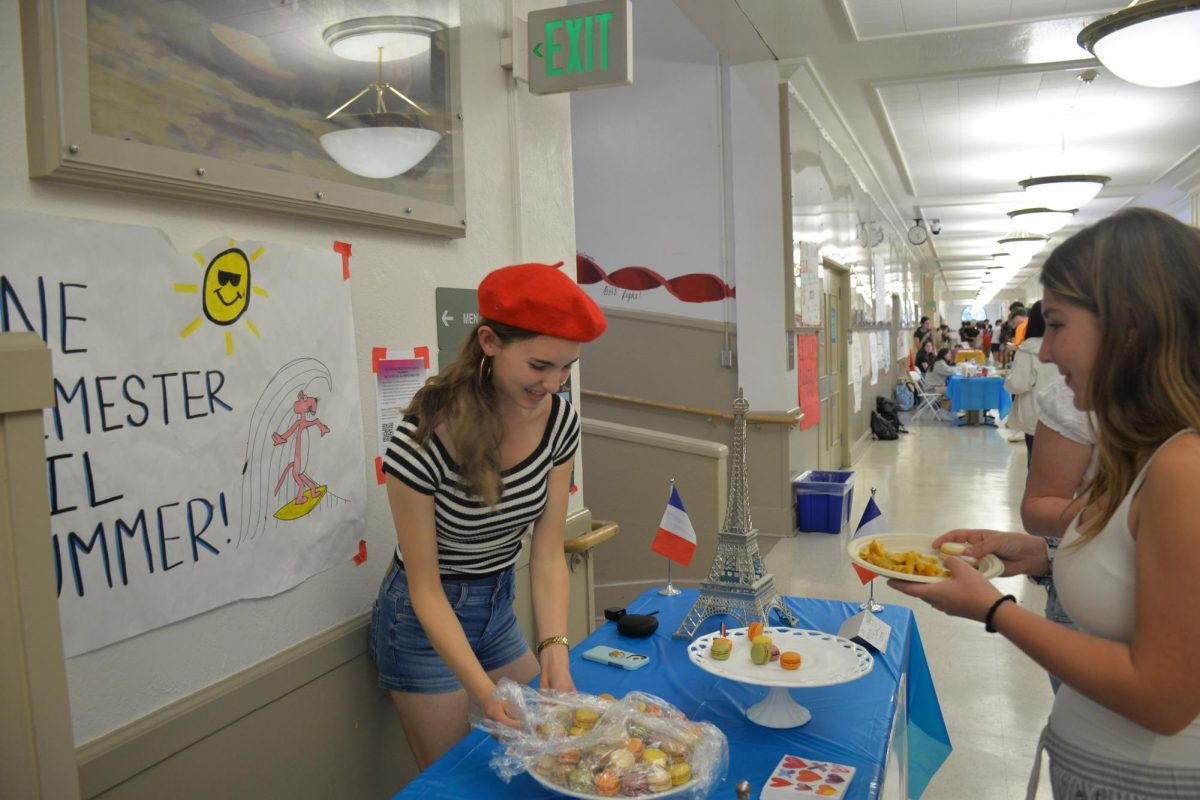


![WASC looks for more than the basic California State standards. According to chairperson Mike Woo, “As new rules and new concerns come up through society, [WASC] look[s] is the school doing something about that. Like the biggest trend post-COVID is mental wellness. So is your school doing something to address the mental health of the students? Along with are they still doing the proper academics?”](https://theburlingameb.org/wp-content/uploads/2024/03/IMG_3401-1200x1200.png)
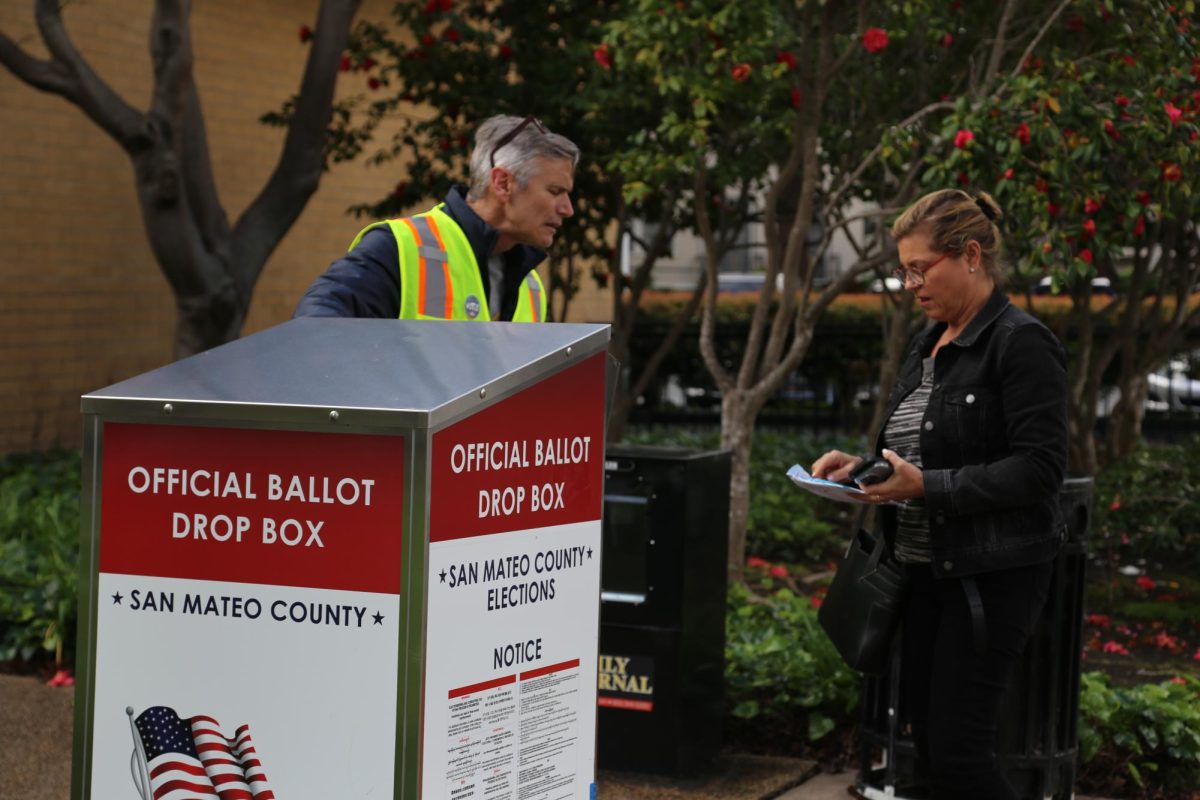
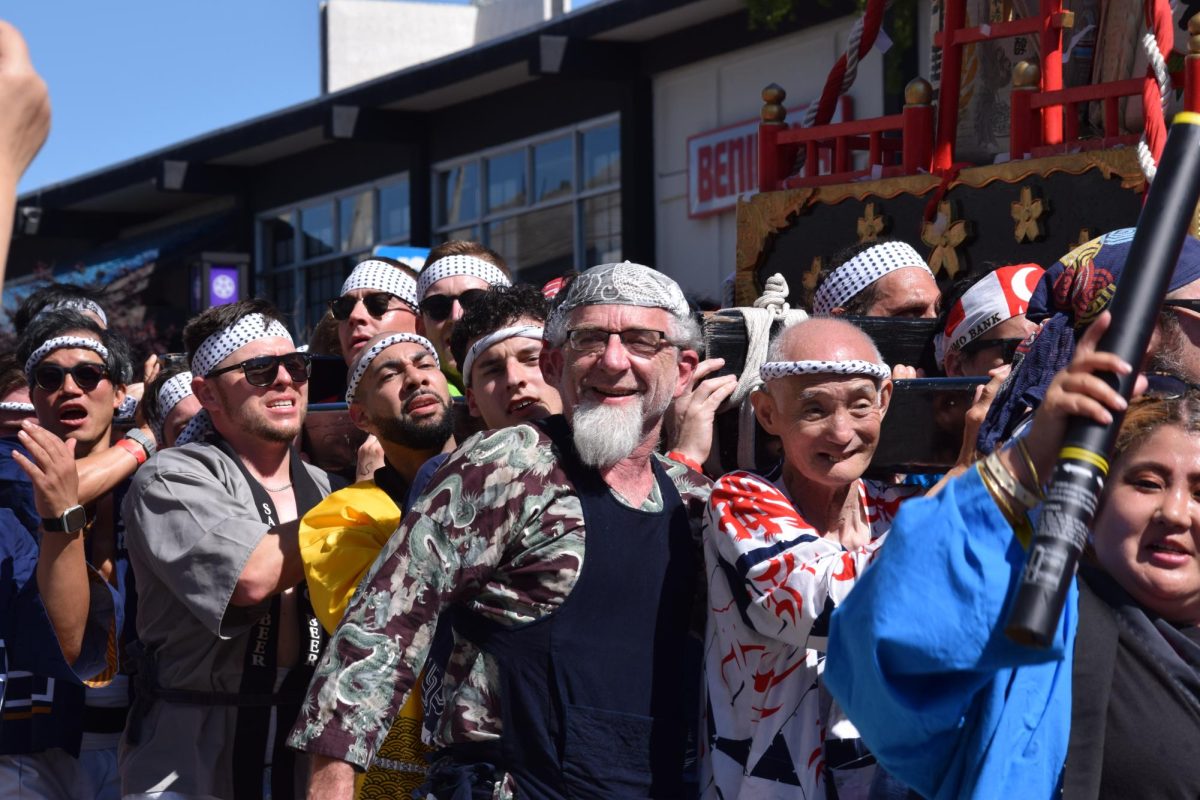

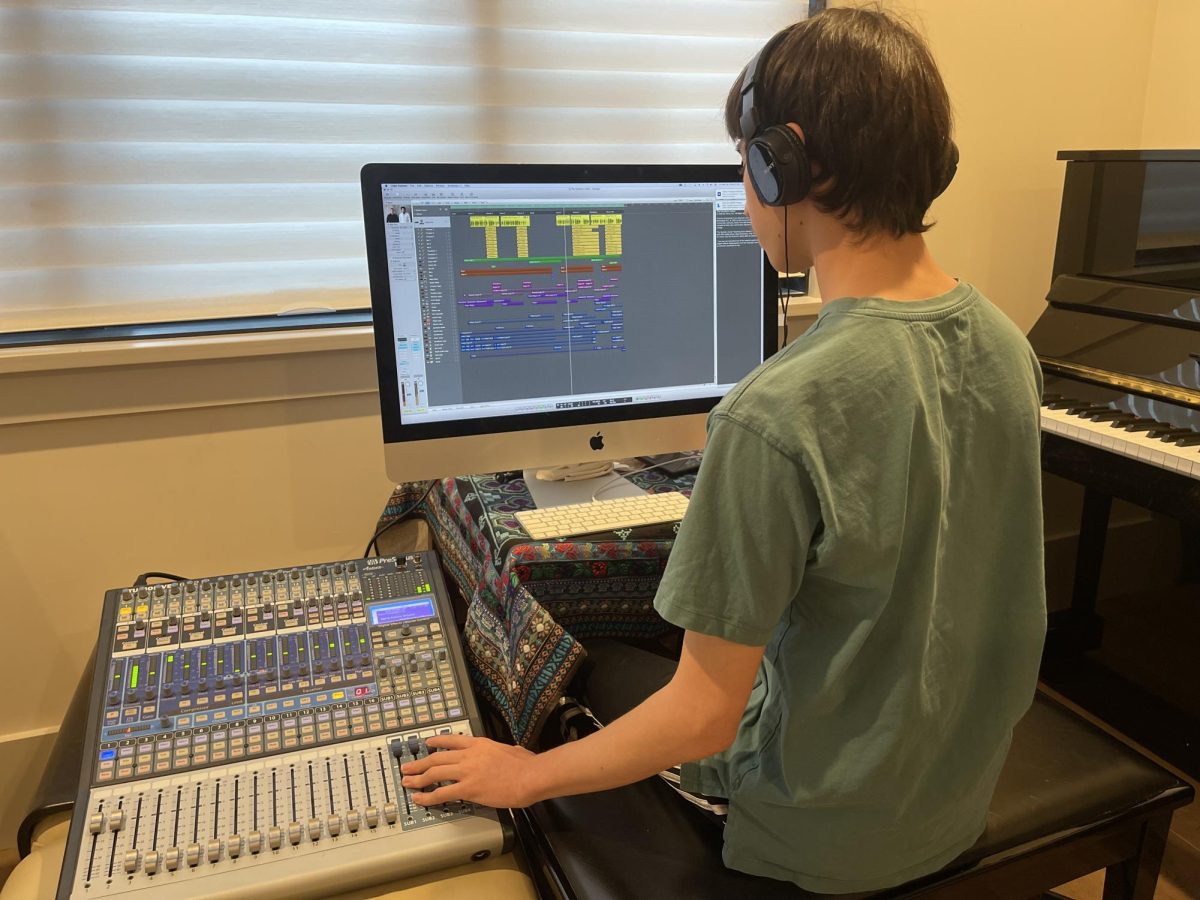

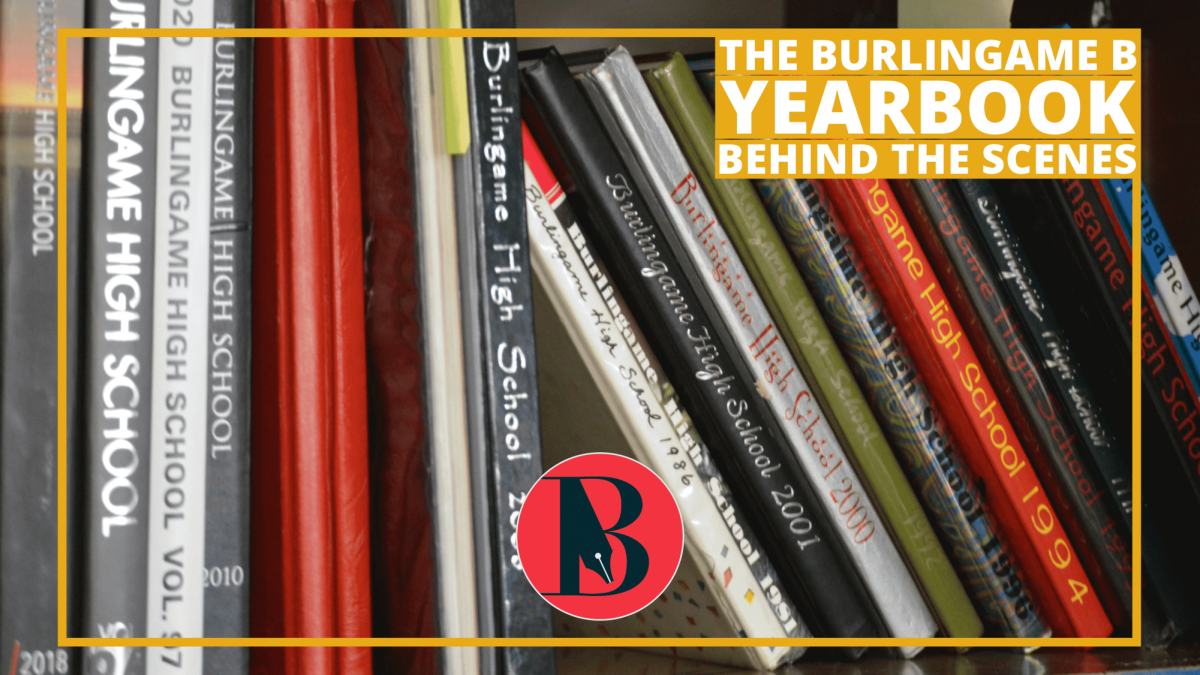






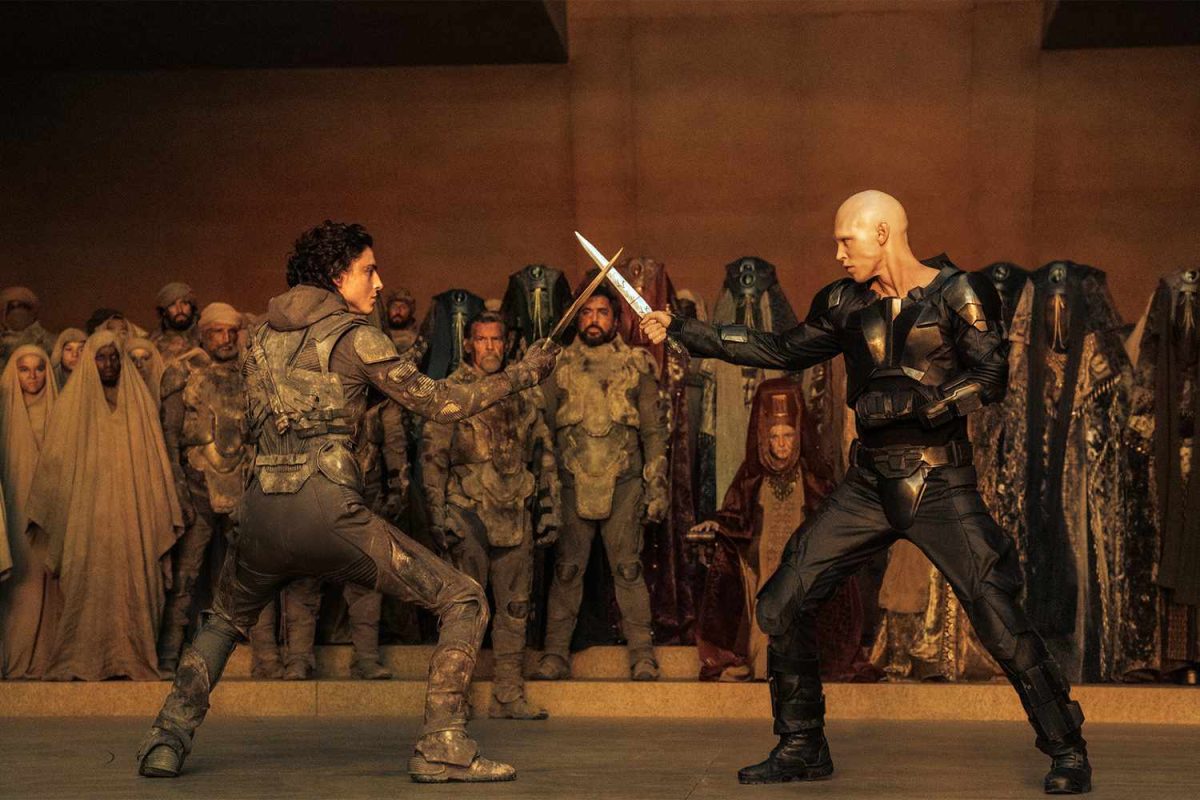




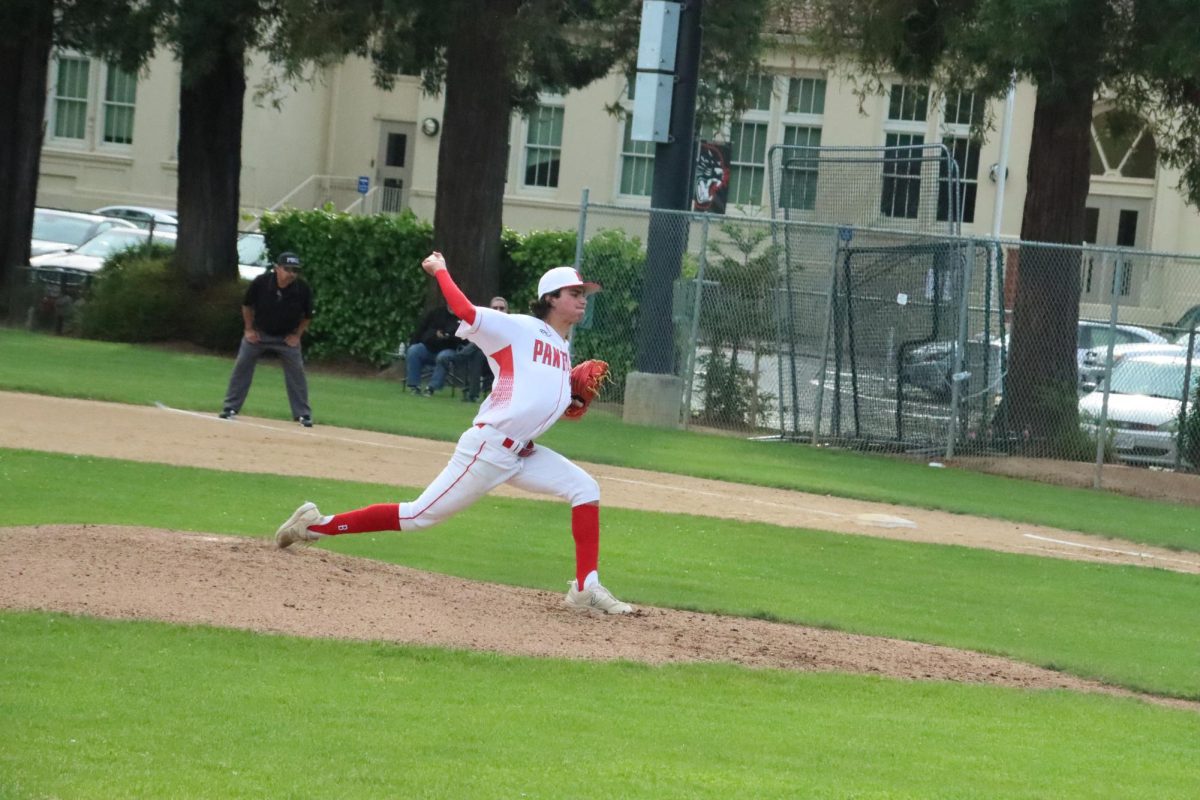
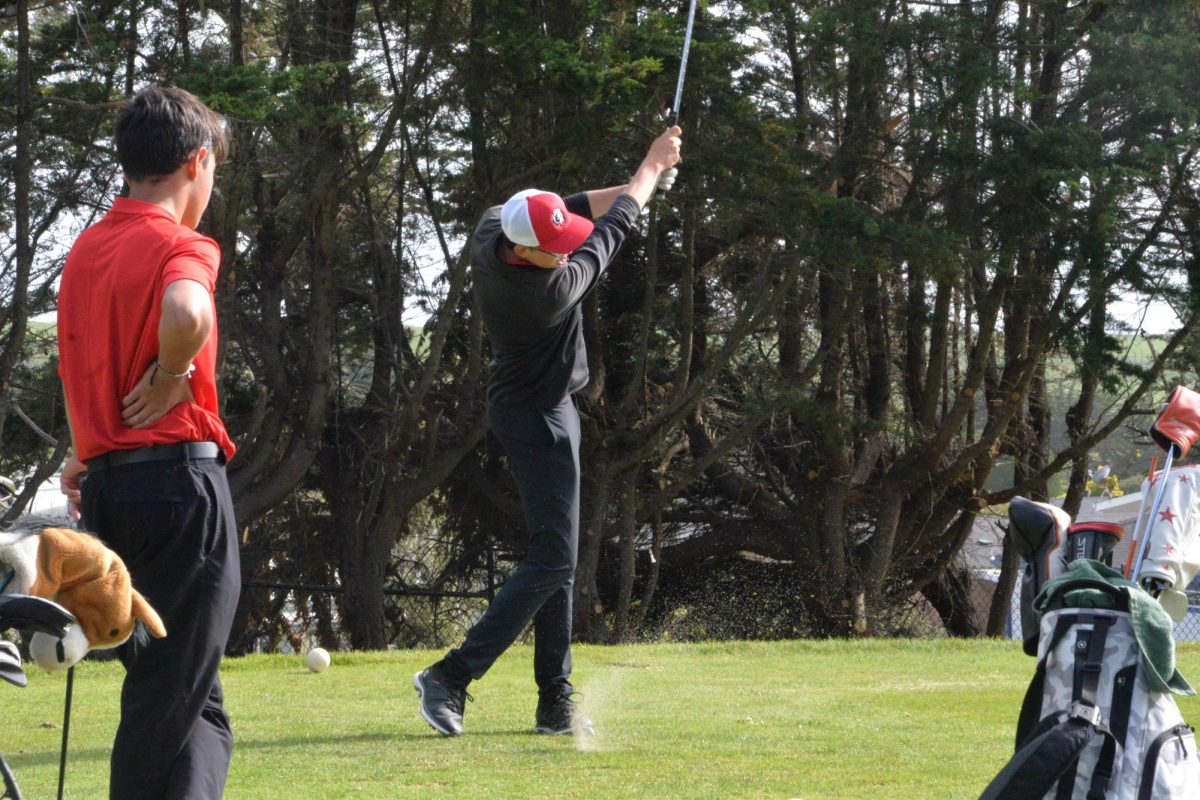
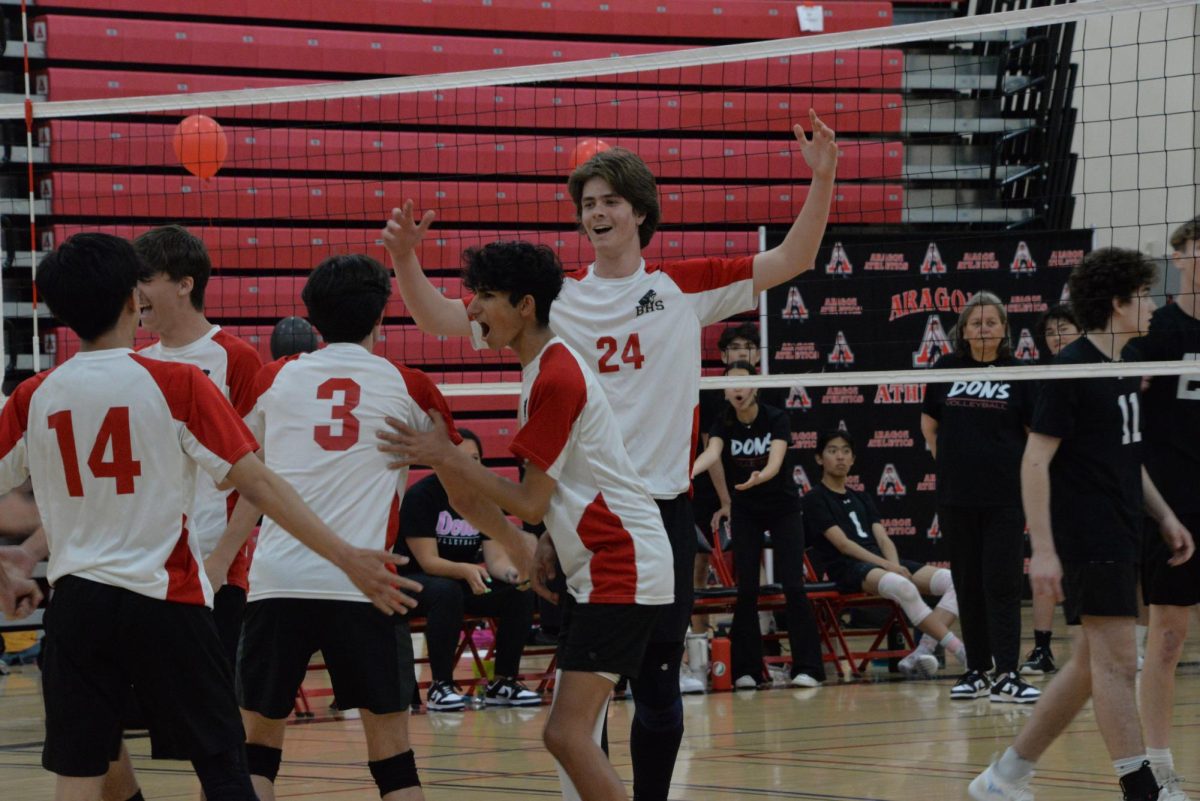

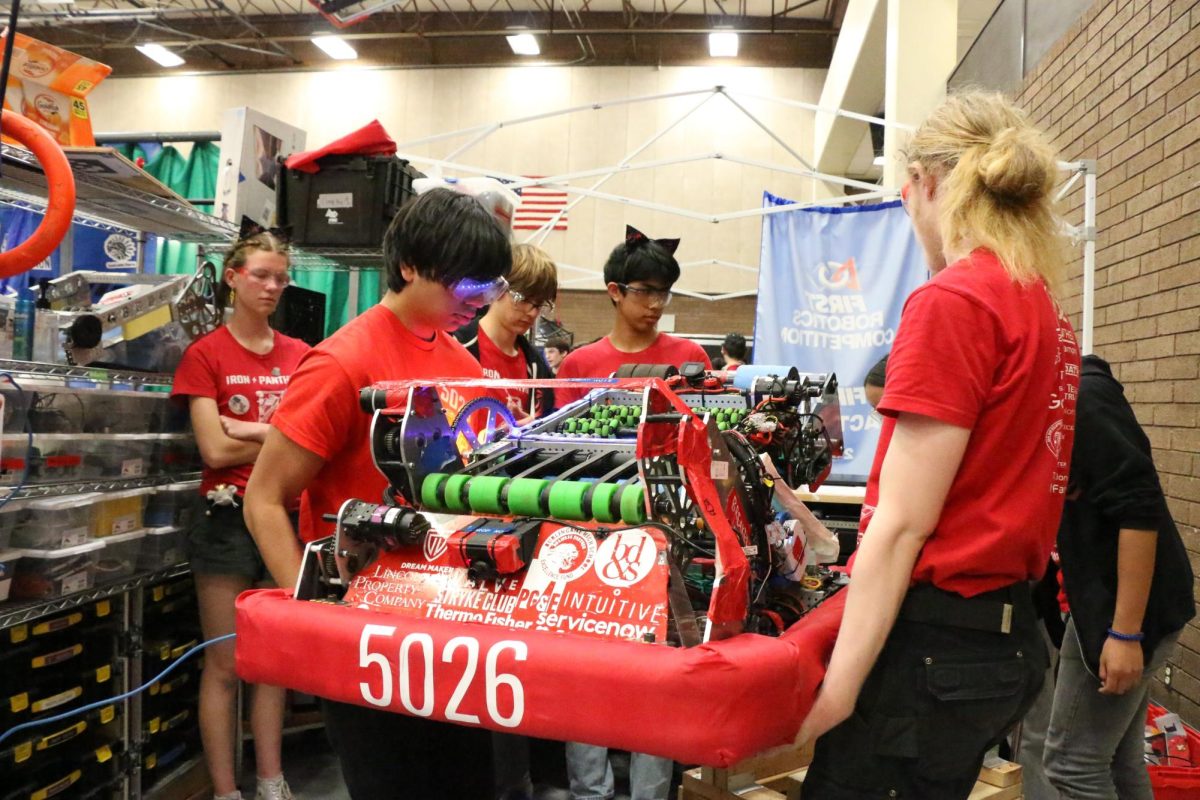
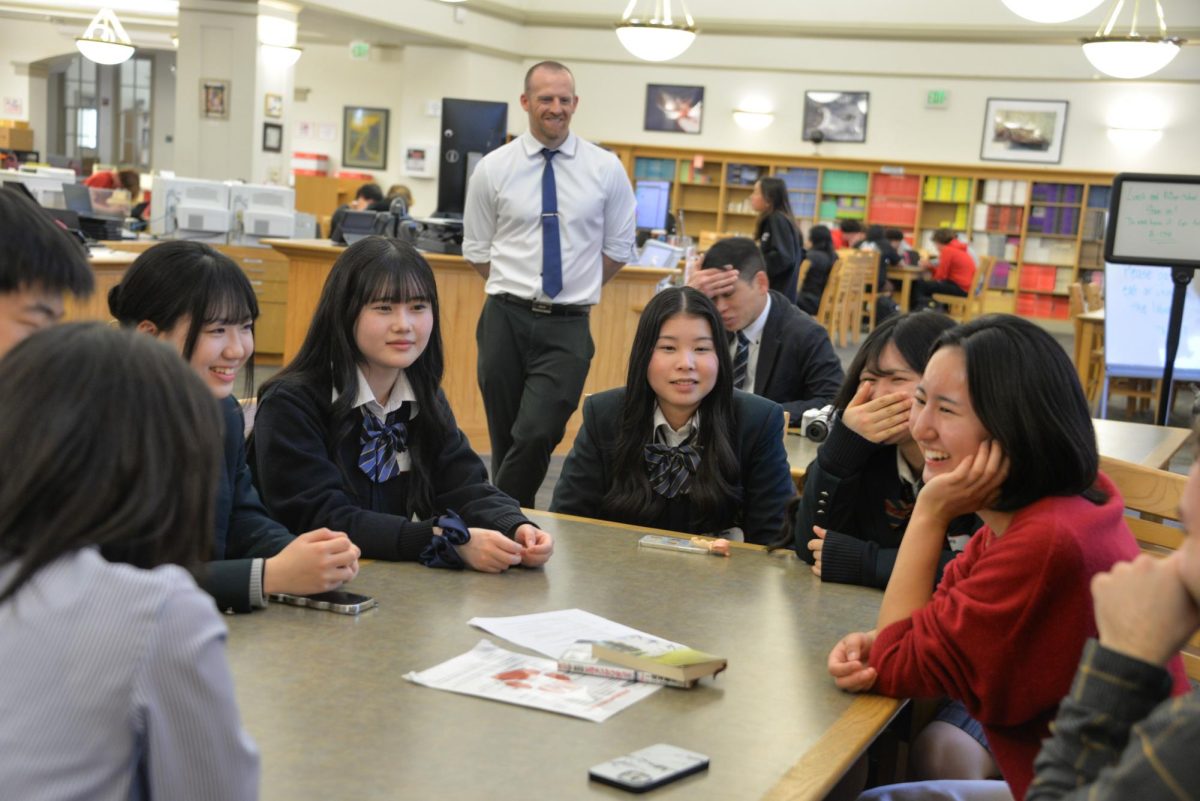
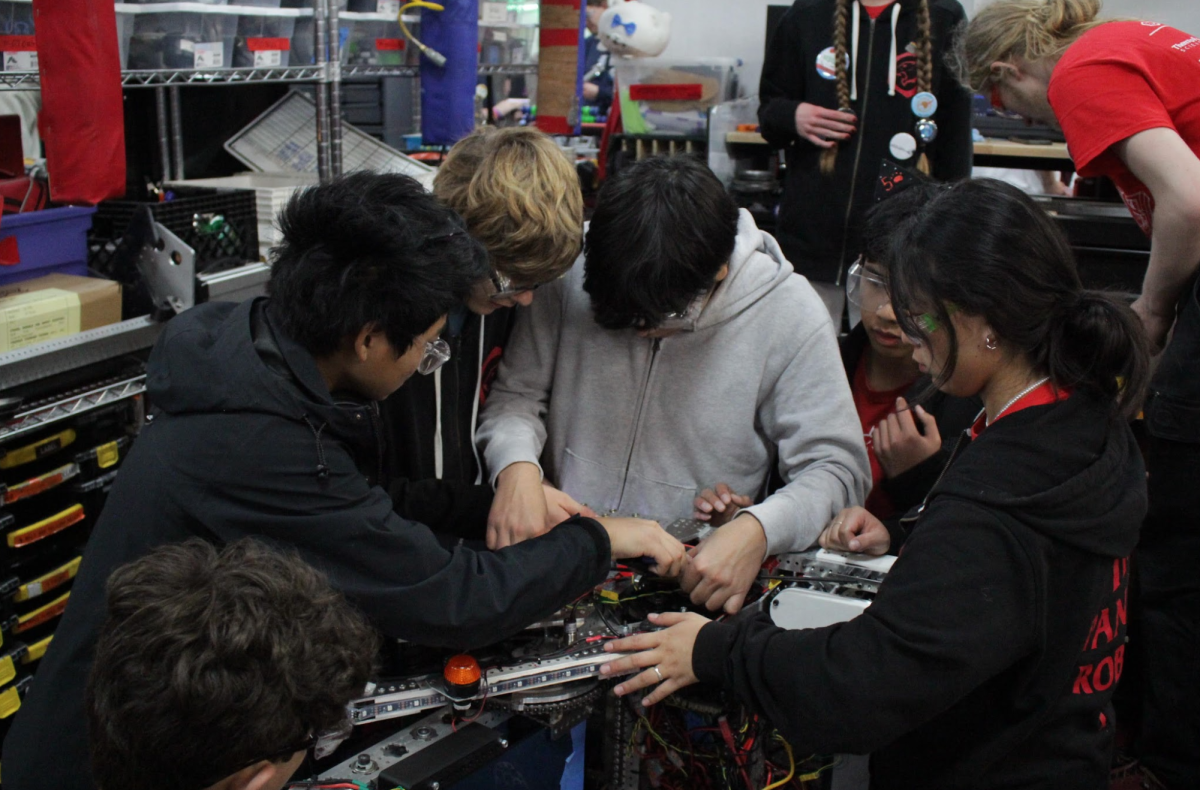
![“For me personally, I want [others] to see the music program as a strong union because we can really bring out the life of our school,” Vega said. “We need music, you know? Otherwise, things would be really silent and dead.”](https://theburlingameb.org/wp-content/uploads/2024/03/unnamed-1200x801.jpeg)







